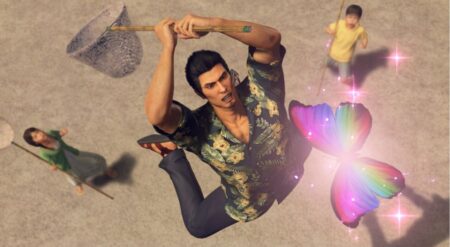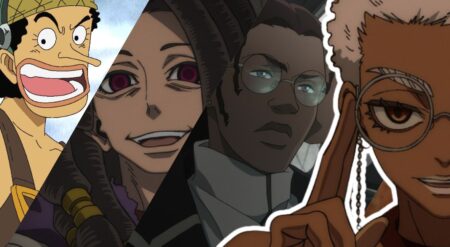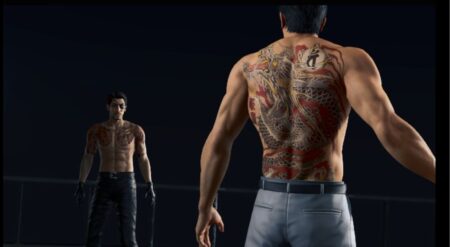
Isang Bagsak. One Fall. It’s a unity clap meant to say we fall together and we rise together. Ruby Ibarra, a first-generation Filipina-American rapper, features it heavily in her powerful anthem ‘Us’ off her 2017 album Circa91. For International Women’s Day she released the video featuring so so many Filipinas of all different ages, shades and sizes celebrating and it’s such a powerful reminder that the story of immigrants, the story of marginalized people, is so much more than our pain.
Imagery is powerful. Representation is everything. I hope young Pinays who watch/will watch #US will see the video and think, “she looks like me” or “she is the same shade as me.” Mestiza, morena— both are equally beautiful and deserve representation. #fuckcolorism
— RUBY IBARRA (@rubyibarra) March 8, 2018
Island woman rise, we are never going to stop. Brown woman rise, know your roots. Hearing those words, seeing all of the Filipinas in the video, knowing our story started long before us and will continue long after us but that it’s all connected and we are all connected, it’s such a powerful thing. I couldn’t hold back my tears and I immediately sent the video to my mom and my sister and shared it on all of the social media because this song, these images, are so important.
Island woman rise, walang makakatigil
Brown, brown woman, rise, alamin ang yung ugat
They got nothin’ on us (aye!)
Nothin’ on us (aye!)
Nothin’ on us (aye!)
Isang bagsak !
I honestly can’t believe I’m just discovering Ruby Ibarra because it feels like I’ve been a fan for ages. I saw her call for Filipinas to be in this music video a few weeks ago and was curious about her music. I mean Pinoys Supporting Pinoys is a motto I will be forever behind so how could I not? I ended up putting Circa91 on repeat and going for a 5 hour walk just letting the words and rhythm sink into me. The experiences I so deeply related to. The successes. The frustration. Being questioned about my identity. Being told to not get too brown (and being sent papaya soap from relatives because they saw pictures of my and felt I was too dark). The pressure to be “more American.” I felt this album in my bones. I’ve spoken some about my experience as a Filipina-American here and it’s of course different from Ruby’s. I’m second-gen and my mom came to the US as a teenager, my dad is white, I grew up in the midwest, but as Ruby say’s in this interview:
“I’m not here to say that my experience, especially in the album, is the definitive Filipino-American experience,” Ibarra said. “It’s just one lens, one glimpse of the story. And that’s why I hope that other artists or other voices out there speak their stories. There needs to be more visibility and representation. If people want to call this activism, then so be it. At the end of the day I just want to speak music that’s real and that’s true.”
We all have our own experiences and people will try to focus on the differences to try to pit us against each other as we see with the conversations about “Black Panther” and “Wrinkle In Time” when what should be happening is celebrating how we are connected, how we can all succeed together, how there is room for everyone.
If you are interested in more you can listen to the entire album on spotify or bandcamp and watch the ‘making of’ documentary on Iberra’s website.






